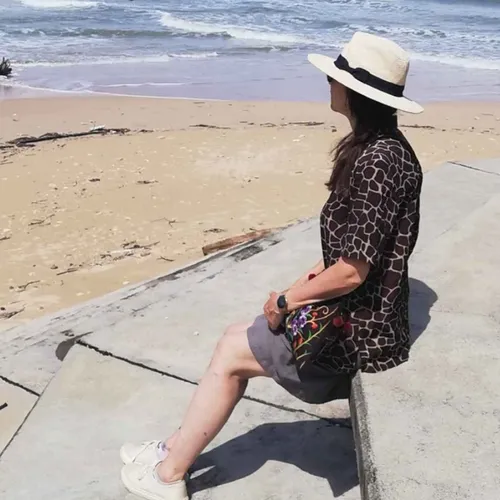Grief and Communication
- Author
- Catharina Karlsson
- Published
- Thu 22 Aug 2024
- Episode Link
- https://shows.acast.com/when-life-gets-in-the-way-how-can-we-find-hope-again/episodes/grief-and-communication
Sometimes I hear that the worst thing is silence.
A silence that seems to signal that what has happened is not important, even though it is.
We want to support, but how can we say and how do we ask?
It is difficult to know how to behave and to approach the situation both for the affected person and people in the environment. It might even happen that no one says anything to the affected person. There is a risk that grieving people don’t get the support they need; it might lack time, routine and knowledge.
A loss is urgent, a crisis. But it is also long term, since the crisis can transfer into grief which can last for a long time, maybe forever. In grief there are different feelings such as difficulty understanding, lack of control, anger, fear, sadness, anxiety, powerlessness, longing, chaos and many more. When our feelings and thoughts don’t get confirmed or expressed there is a risk that they get stuck inside the body.
We cannot heal grief, we can not demand that from ourselves. We just need to be there and not leave, confirm and let the person talk if he or she wants to or maybe just sit together in silence. That can also be a kind of communication; just being there without words
This podcast now has an instagram account and a new web site. I hope you want to follow me there.
Hosted on Acast. See acast.com/privacy for more information.
